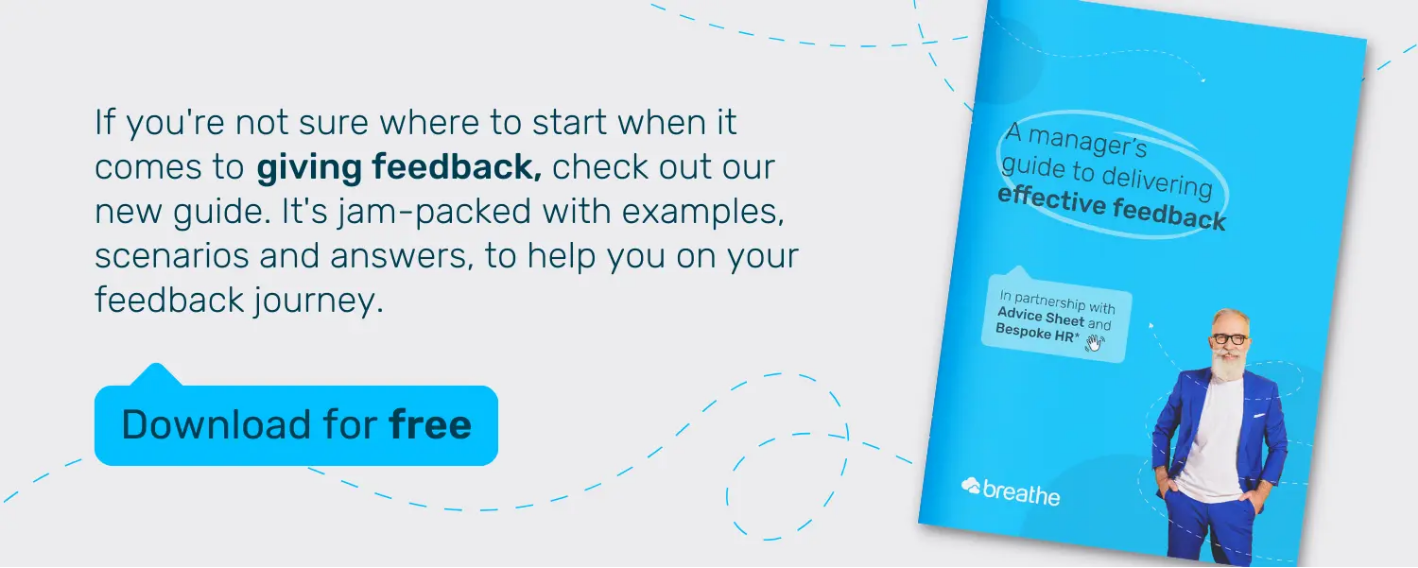How can understanding communication styles & ego states help solve communication conflicts at work?
By getting to grips with the model of transactional analysis, SMEs can achieve more effective communication - and a greater level of collective understanding.
What is transactional analysis?
Transactional analysis is a term coined in the 1960s by Dr Eric Berne, a psychologist who believed that ego states are to blame for communication conflicts.
Sending his 3-ego theory into the modern age and, indeed the office, we explain why understanding the impact of transactional analysis is critical to managing your people & achieving business success.
His theory suggests that we react to confrontation, management and authority through one of three ego states.
Let's delve deeper:

Transactional analysis model - the 3 egos:
-
Parent
-
Adult
-
Child
Also known as the PAC theory, Berne believes that how we communicate and deal with confrontation in adulthood is largely determined during the first 7 to 8 years of life. He argues that the way we react to situations and stressors in later life is heavily influenced by how we were treated by our main caregivers throughout that time. If applied to business and particularly HR, this principle could explain why understanding and developing healthy interpersonal-skills is so important for managing your people.
Analysing transactions
Let's take Berne's theory and run with it.
In layman's terms, transactional analysis covers the way in which we communicate with the people around us. Each time we engage with another, we are - essentially - offering a transaction.
From Berne's theory, we gain a greater understanding of the effect our words and interactions have on those around us. Through careful reflection and analysis of such transactions, we can learn to adapt what we say, how we behave and the way we react to certain characters and situations.
Berne believed that to engage in successful, positive transactions, we must adopt an 'adult ego-state' mindset.
Adult ego state:
-
Live, act and talk in the present.
-
Decisions, opinions and self-talk are based on logic and truth: what's happened from past experience and not formed from emotion.
-
Questions and thoughts stem from compassion and curiosity.
-
Reactions and behaviours come from our 'highest state' and are free from emotion.
Typically, the adult state is seen as the 'grown up', rational person who talks reasonably and assertively, neither trying to control nor reacting aggressively towards others. The adult is comfortable with themselves and is, for many of us, our 'ideal self'.
We've seen how mindfulness and meditation can help with this.
Parent ego state:
-
Formed of two parts:
-
nurturing; and
-
controlling;
-
-
Set in the past; and
-
Thoughts, words and behaviours based on emotion.
As the name suggests, the nurturing parent is just that; caring, supportive and non-judgmental. They typically speak from a place of concern and offer comfort, advice and unconditional love. Each transaction therefore aims to create a safe environment for the child to grow, develop and thrive.
On the other side of the fence, you'll find the controlling or critical parent ego. Berne believes that this belligerent, dominant and judgmental character insists that tasks are completed their way or else. The controlling parent typically has fractured relationships with their own parents and they are likely to poorly influence their child in the very same way.
Studies show that the critical parent's child is likely to suffer from low self-esteem and struggle to form consistent, healthy and enriching relationships - especially in later life. The controlling parent is most likely to provoke an adaptive or rebellious response from the child ego.
Child ego state:
The child ego state is made up of three parts:
-
Natural
-
Curious (when combined with the natural child, makes up the free child); and
-
Adaptive
The natural child ego state has little self-awareness, a greater naivety and are normally highly vulnerable.
The adaptive child is known as the most troublesome part of our personality. Reacting to the energy around them, this troubled child state either changes its behaviours to fit in with the crowd, or strongly rebels against authority.
The little professor or the curious child is adventurous and not afraid of trying something new. Together with their natural sibling, they make up the free child state.
Now apply this to your business. In our eyes, it's a game-changer.
.jpeg?width=779&name=Closeup%20portrait%20unhappy%2c%20annoyed%20young%20man%20plugging%20closing%20ears%20with%20fingers%20disgusted%20ignoring%20something%20not%20wanting%20to%20hear%20someone%20side%20story%20isolated%20grey%20background.%20Human%20emotion%20body%20language-1-%20(1).jpeg)
Behaviours to avoid:
Berne's theory suggests that the critical parent ego state is most likely to contribute to employee distrust, disrespect and disengagement. Watch out for these signs:
-
Public humiliation: e.g. telling someone off in front of the whole office
-
My way or else: no room for movement or consideration for personal life or current workload
-
Micro-management: unable to trust their staff, commonly caused by lack of respect through frequent critical parent - adaptive child states
-
Speaking and acting like a parent
-
Preferential treatment (favouritism)
-
Managing and communicating from past resentment and emotion
Successful communication for your SME
According to Berne, interpersonal-relationships improve if you can switch your mindset and thinking into the present state.
If we look at adult-to-adult conversations, which include logic and fact from previous experience (so is free from personalisation) that's where we can engage our most productive self. This is where we can build the opportunity for fruitful conversations and proactive, successful interpersonal relationships.
So, what's our key advice for creating positive interpersonal relationships at work? Treat others how you'd like to be treated.
We all know communication is critical for business success - and that applies to delivering great feedback, too. Download our free resource, a manager's guide to delivering effective feedback.

Author: Aimée Brougham-Chandler
An IDM-certified Digital Copywriter (2023) & English Language & Literature graduate (BA Hons), Aimée is Breathe's Content Assistant. With 3 years' content marketing experience, Aimée has a passion for writing - and providing SME HR teams with solutions to their problems. She enjoys delving into & demystifying all things HR: from employee performance to health and wellbeing, leave to company culture & much more.




